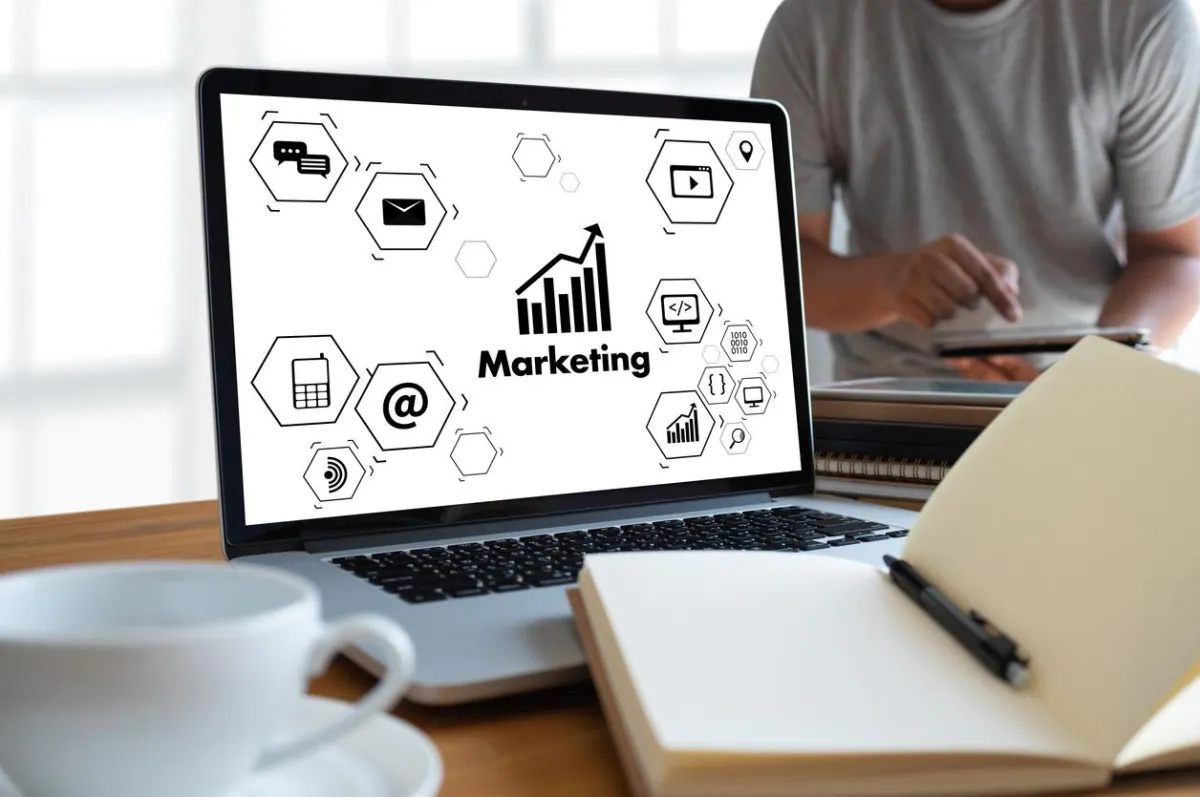
Achieving Digital Marketing Success: The Role of SEO, Automation, and Email Integration
In today's digital age, businesses need a robust online presence to thrive. Achieving digital marketing success requires a strategic blend of various elements, with SEO, automation, and email integration playing pivotal roles. By understanding and leveraging these components, businesses can enhance their visibility, streamline operations, and build meaningful relationships with their audience.
Understanding SEO: The Foundation of Digital Visibility
Search Engine Optimization (SEO) is the cornerstone of digital marketing. It involves optimizing your website and content to rank higher in search engine results pages (SERPs). Higher rankings translate to increased visibility and more organic traffic. Here’s why SEO is crucial:
1. Increased Traffic: The higher your site ranks, the more visitors you attract. Studies show that most users don’t go beyond the first page of search results, so achieving a top position is essential.
2. Credibility and Trust: Users tend to trust sites that appear on the first page of search results. Good SEO practices can help establish your site as an authority in your industry.
3. Cost-Effectiveness: Compared to paid advertising, SEO provides a more sustainable long-term strategy. While it requires initial investment, the ongoing costs are lower, and the benefits compound over time.
The Role of Automation: Efficiency and Scalability
Automation in digital marketing refers to the use of technology to perform repetitive tasks without human intervention. This can include scheduling social media posts, sending emails, and managing ad campaigns. The benefits of automation are manifold:
1. Time Savings: Automation frees up time for marketers to focus on strategy and creative tasks. Routine tasks such as posting updates and sending follow-up emails are handled automatically.
2. Consistency: Automated processes ensure that tasks are performed consistently and on schedule. This consistency is crucial for maintaining an engaged audience.
3. Scalability: As your business grows, automation allows you to scale your marketing efforts without proportionally increasing your workload. You can manage a larger number of leads and campaigns efficiently.
Email Marketing: Building Relationships and Driving Conversions
Email marketing remains one of the most effective channels for reaching and engaging with your audience. When integrated with SEO and automation, it becomes even more powerful. Here's how:
1. Personalization: Automation tools enable you to segment your audience and send personalized emails based on their behavior and preferences. Personalized emails have higher open and click-through rates.
2. Nurturing Leads: Automated email sequences can nurture leads through the sales funnel. For instance, you can set up a series of emails to educate prospects about your products, address their pain points, and ultimately convert them into customers.
3. Retention and Loyalty: Email marketing helps in retaining customers by keeping them informed and engaged with your brand. Regular newsletters, updates, and personalized offers can foster loyalty.
Integrating SEO, Automation, and Email for Maximum Impact
To achieve digital marketing success, it's essential to integrate SEO, automation, and email marketing into a cohesive strategy. Here’s a step-by-step approach to do so:
1. Keyword Research and Content Creation: Start with thorough keyword research to identify the terms your target audience is searching for. Create high-quality, optimized content around these keywords. This will improve your SEO and drive organic traffic to your site.
2. Lead Capture and Segmentation: Use lead magnets like eBooks, whitepapers, or webinars to capture email addresses. Segment these leads based on their interests and behaviors. Automation tools can help in segmenting and managing these lists efficiently.
3. Automated Email Sequences: Set up automated email sequences for different segments. For example, new subscribers can receive a welcome series, while existing customers can get product updates and special offers. Ensure these emails are personalized and relevant.
4. Analyze and Optimize: Regularly analyze the performance of your SEO efforts and email campaigns. Use tools like Google Analytics and email marketing platforms to track metrics such as open rates, click-through rates, and conversions. Use these insights to optimize your strategies continually.
Case Study: A Success Story
Consider a mid-sized e-commerce company that successfully integrated SEO, automation, and email marketing. Initially, their website traffic was low, and they struggled with customer retention. By implementing a comprehensive SEO strategy, they improved their search rankings, leading to a significant increase in organic traffic.
Next, they used automation tools to streamline their email marketing. They segmented their audience based on purchase history and browsing behavior, and sent personalized email sequences. As a result, they saw a 30% increase in email open rates and a 20% boost in sales conversions. Their customer retention rate also improved, thanks to regular, personalized communication.
Conclusion
Achieving digital marketing success is a multifaceted endeavor that requires the integration of SEO, automation, and email marketing. Each component plays a vital role: SEO enhances visibility, automation improves efficiency, and email marketing builds relationships. By combining these elements into a cohesive strategy, businesses can maximize their online presence, engage with their audience more effectively, and drive sustainable growth. In the dynamic landscape of digital marketing, this integrated approach is key to staying ahead of the competition and achieving long-term success.
- This is a monthly subscription service.
- A monthly subscription is required for each Google Business Profile location.
- Privacy Policy
- Terms of Service
- Disclaimer
- Cookie Policy
- Accessibility Statement
